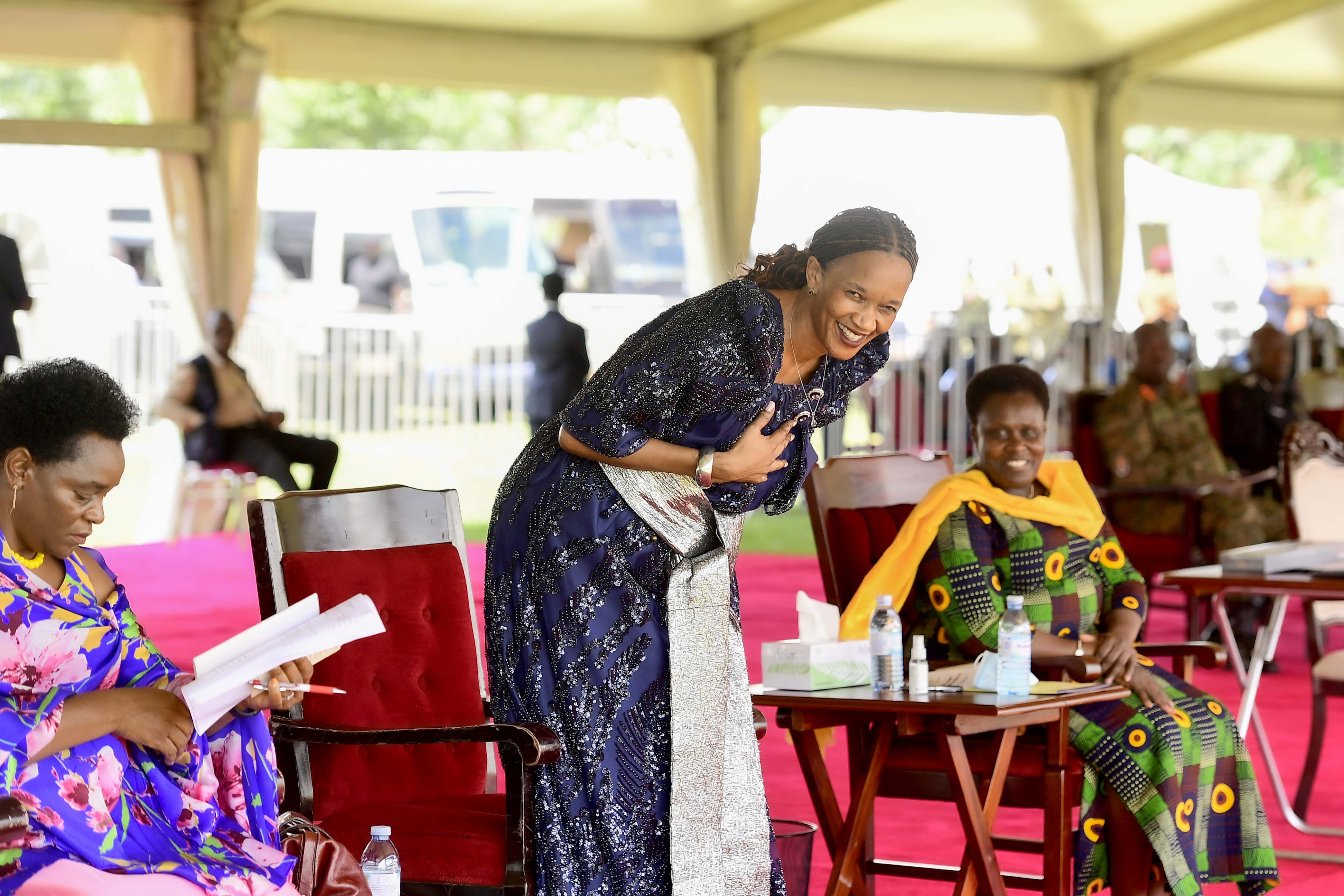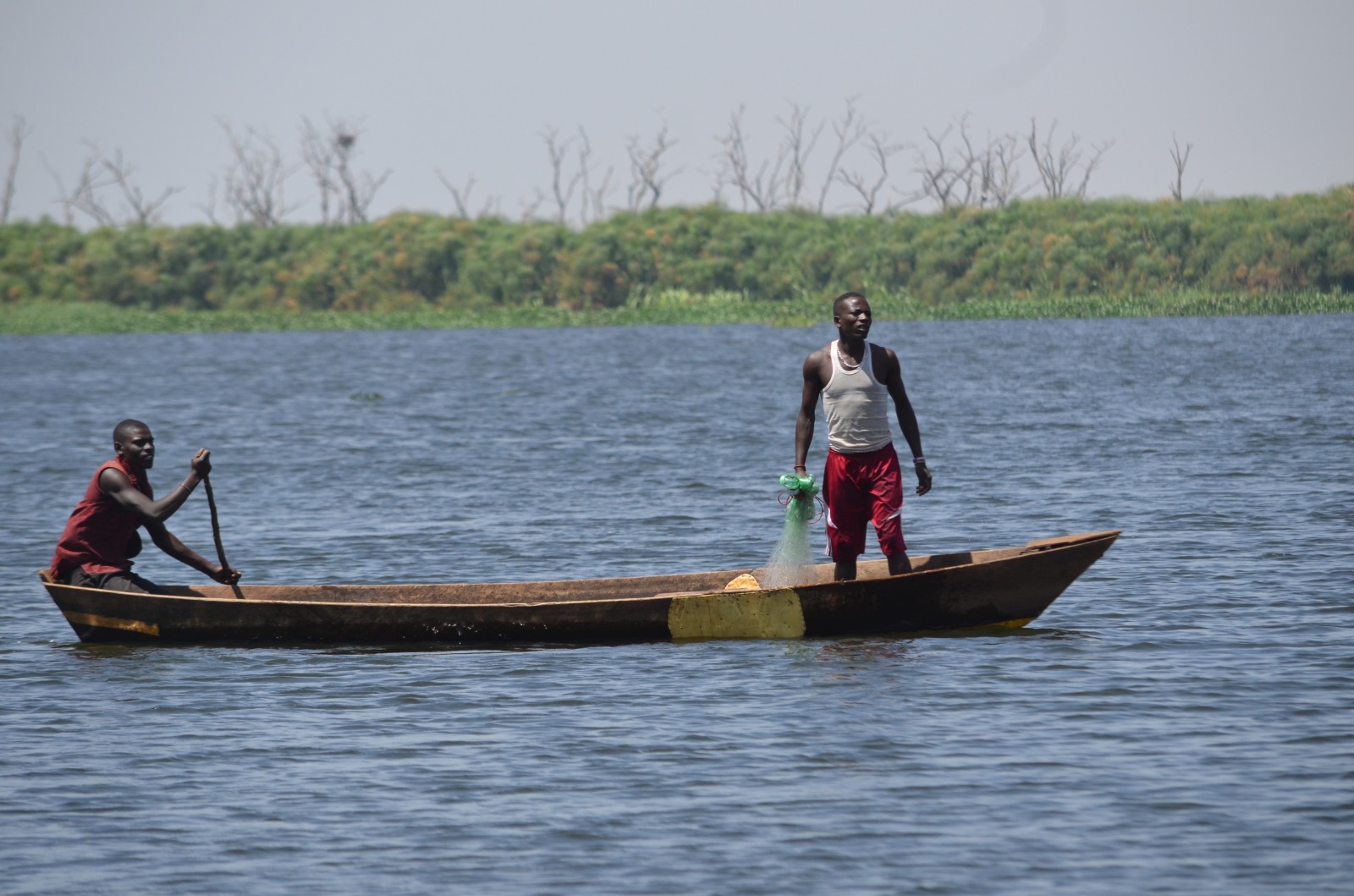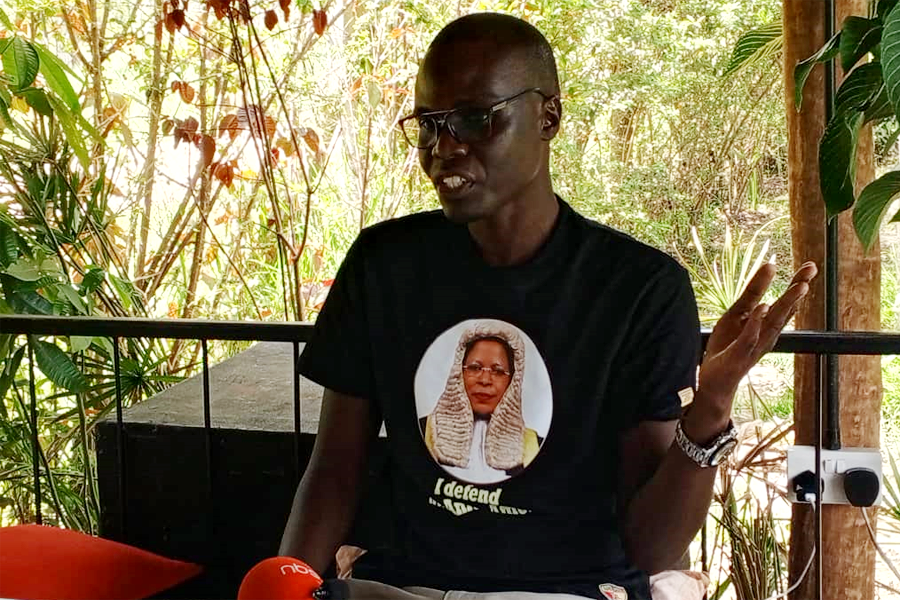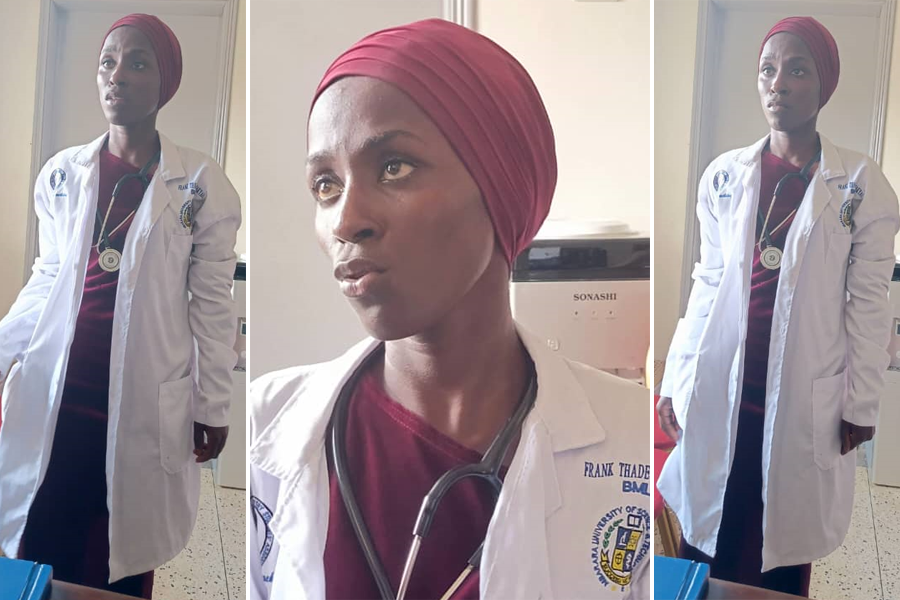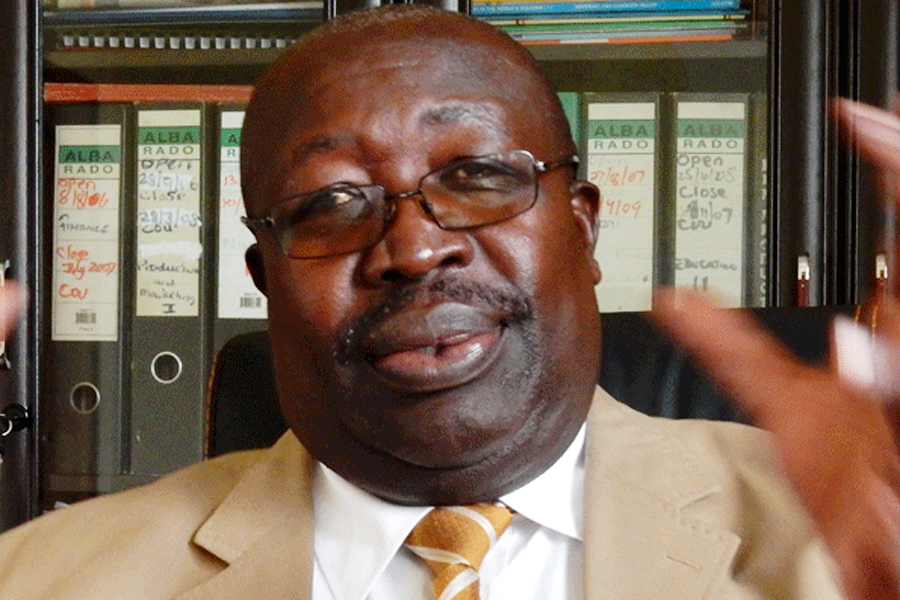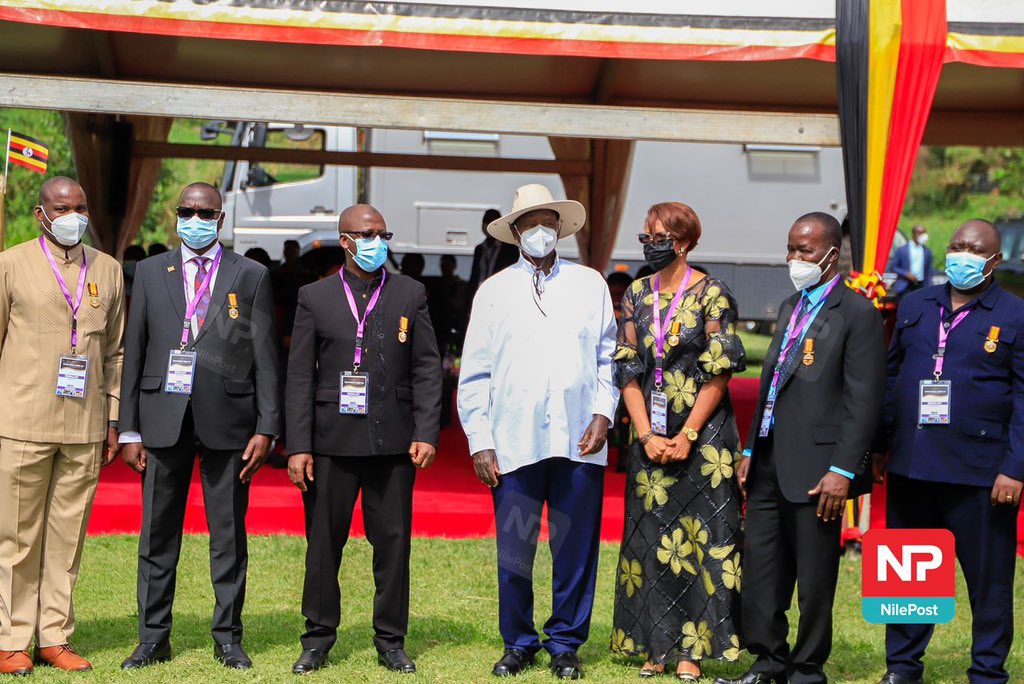South Korea reaffirms commitment to agricultural research support
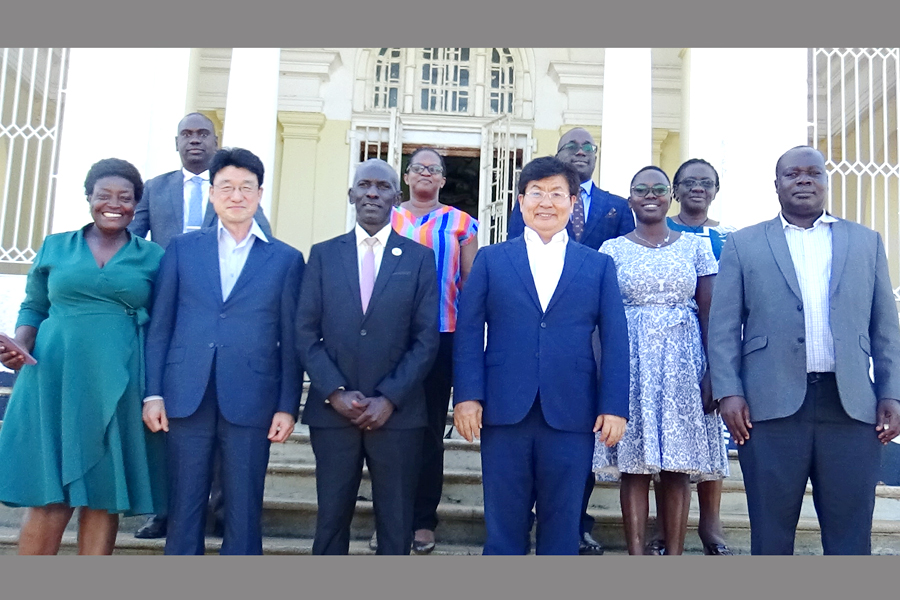
The South Korean Agency for International Agricultural Development (AID) has reaffirmed its dedication to aiding Ugandan farmers in their shift from subsistence to modern farming methods.
At a meeting with Dr Yona Baguma, director-general of the National Agricultural Research Organisation (NARO), at the NARO headquarters in Entebbe last week, Dr Cho Ilho, the newly-appointed director of the Korea Partnership for Innovation of Agriculture (KOPIA) Uganda, provided this assurance.
With agriculture employing 70 percent of Ugandans, there is need to close potential performance divide through commercialization, value-addition and trade therefore, South Korea’s support is timely.
Over the years, KOPIA has provided significant support to NARO, particularly in enhancing various agricultural programs aimed at improving the livelihoods of smallholder farmers.
Over Shs7.5 billion has been invested in the production of potato seeds, citrus, rice, and local chicken utilizing advanced agricultural technologies developed by NARO and Korean scientists.
In particular, farmers have received support in citrus production management and market development through model villages in the Teso region.
Initiatives such as the distribution of NAROPOT 1, a high-yielding NARO potato variety, and improved local chicken breeds have been implemented to boost household incomes.
Efforts have also been directed towards rice production interventions at the Doho rice scheme for seed multiplication, leading to a significant increase in aromatic rice production in Uganda.
Farmers have been equipped with agronomic skills, resulting in a rise in yields from an average of 3.1 to 4.1 tons per hectare.
NARORICE-1, renowned for its aroma, high yield, and early maturity, has become highly sought after, commanding a better price and significantly contributing to increased productivity and farmers' incomes.
Baguma commended KOPIA for its infrastructure development projects at NARO Zonal Agricultural Research Institutes in Mukono, Kawanda, Namulonge, and Luweero.
He commended KOPIA's collaborative planning approach, ensuring that implemented programs are tailored to meet the needs of farmers.
‘’South Korea’s transition of its farmers from subsistence to modern agriculture was an experience Uganda was ready tap into in the quest to get farmers out of poverty,’’ Baguma said.
According to the World Bank report 2018, strengthening the institutional base of agriculture, removing identified distortions, facilitating trade, and enhancing resilience through climate-smart agriculture and low-cost irrigation systems can help closing the potential performance
In the same effort therefore, highlighting the necessity of establishing a farmer's skilling centre, Baguma pledged to allocate space for its construction at one of the Zonal Agricultural Research Institutes.
Currently, NARO oversees sixteen Public Agricultural Research Institutes, including seven National Agricultural Research Institutes conducting research of national strategic importance, and nine Zonal Agricultural Research and Development Institutes conducting adaptive research across Uganda's nine agro-ecological zones.





